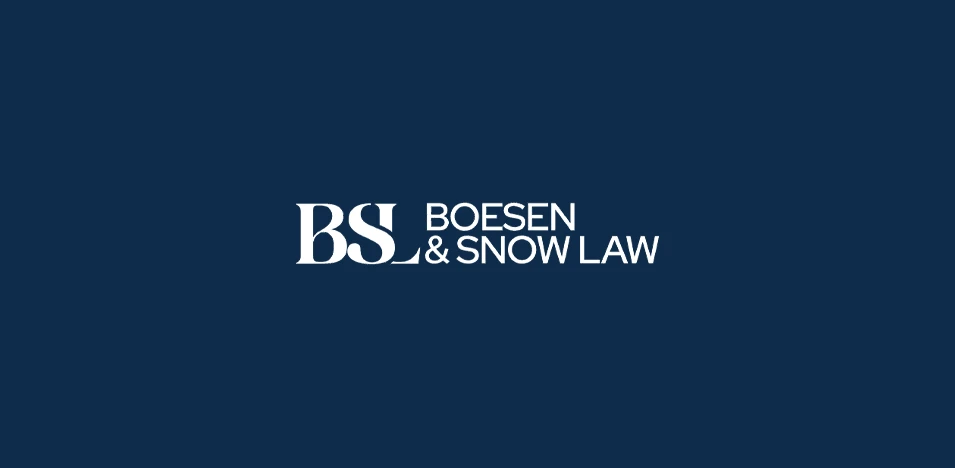Serving Clients Nationwide.
Schedule A Consultation
Understanding the top 4 fraud and abuse laws

As a newly licensed pharmacist, you’re ready to face the world, meet patients and help them on their paths to better health. You’re also a shiny new target for pharmaceutical manufacturer representatives and others who value your ability to write prescriptions and make referrals.
It’s no secret that some people in the health care industry have used shady methods to get doctors on their sides. To make sure you don’t get drawn into any illegal activities, you should familiarize yourself with the health care industry’s top four Federal fraud and abuse laws.
False Claims Act (FCA)
The False Claims Act was passed in 1864 to protect the government’s interests in business deals, including health care deals made through Medicare and Medicaid.
- Makes it illegal to submit false claims
- Criminal penalties may include fines and prison time
- Under the civil FCA, the government does not need to prove any intent to defraud
- “Knowing” a claim is false means acting with knowledge or with reckless disregard for the truth
- Includes a whistleblower provision that offers whistleblowers a percentage of any recovery
Anti-Kickback Statute
The Anti-Kickback Statue broadly outlaws the use of payments and other forms of compensation in exchange for referrals or the promotion any business paid for by Federal health care programs.
- The government must show intent
- Applies to any item or service paid for by Medicaid or another Federal health care program
- Violations may lead to either civil or criminal penalties
- Certain practices may be allowed per the government’s “safe harbor” regulations
Stark Law
The Stark law, properly known as the Physician Self-Referral Law, imposes civil fines on physicians who refer patients to designated health services (DHS) with whom they or their immediate family members have a financial relationship.
- Physicians can be liable for breaking this law unintentionally
- Applies to specified DHS paid for by Federal health care programs
- Civil penalties may include fines and exclusion from Federal health care programs
- Exceptions apply to some referrals, such as those to other in-office services
Exclusion Statute
The Exclusion Statue gives the Office of the Inspector General (OIG) the power to exclude health care providers from participation in Medicare, Medicaid and other Federal health care programs. It also mandates the exclusion of individuals convicted of four different types of crimes:
- Medicare or Medicaid fraud
- Patient abuse or neglect
- Felony convictions for theft, financial misconduct or health care fraud
- Felony convictions for unlawful drug prescriptions, sales or manufacturing
Notably, it’s not just the excluded physicians who may not bill Medicare or Medicaid; their employers may not bill Medicare or Medicaid for them. The indirect billing of services performed by excluded physicians is illegal, and if you run your own practice, the OIG holds you responsible for any improper bills to Medicare or Medicaid.
First, do no harm
When you’re a pharmacist, your patients trust you with their health. But other people may try to abuse that trust. Especially if you plan to open your own practice, you need to understand the laws and the different ways you can safeguard yourself. Talking to an attorney with deep knowledge of the health care industry may help you avoid crossing the wrong lines by mistake.
Schedule a Free Consultation
Fields marked with an * are required

